Closing Costs (Buyer and Seller Options)
DEPOSIT
When you present an Offer to Purchase a home, you will have to submit a deposit cheque. Your cheque will be held in trust by the listing broker if your offer is accepted.
The cheque is usually certified and deposited the day after acceptance, unless otherwise agreed to with Agreement of Purchase and Sale.
TITLE INSURANCE
An alternative to an up-to-date survey is title insurance. There are a variety of insurers that provide this product and are arranged by the Buyer’s lawyer. The cost of title insurance is sliding scale depending on the value of your purchase. Typically, it is a one- time fee of between $300 and $500. A note of caution: title insurance does not correct title problems. It merely compensates the Buyer as a result of negative impact resulting from a title defect.
LAND TRANSFER TAX
Here’s what you need to know about Land Transfer Tax in Ontario.
- Purchasers of real estate in Ontario are required to pay Provincial Land Transfer Tax on closing.
- Provincial Land Transfer Tax is paid directly to the Province of Ontario. It is based on the following formula:
- 0.5% is paid on the first $55,000 of property value;
- 1% is paid on the next $195,000 of property value;
- 1.5% is paid on the next $150,000 of property value; with
- 2% paid on any value in excess of $400,000
- In short $4,475 in Provincial Land Transfer tax is owed on the first $400,000, with 2% payable on any value in excess of that amount.
- The Municipal Land Transfer Tax was introduced for properties purchased in Toronto with closing dates on or after February 1, 2008. The formula is as follows:
- 0.5% is paid on the first $55,000;
- 1% is paid on the next $345,000 (up to $400,000); and
- 2% is paid on any value in excess of $400,000
Are you a first-time home buyer?
First time Buyers may be eligible for rebates under both or either of the Provincial or Municipal taxes. Legal advice should be sought as to eligibility. To visit the Chestnut Park land transfer tax calculator, click here.
LEGAL FEES
In Ontario, you’ll need an Ontario lawyer to act on your behalf to close your house purchase. Your lawyer will charge you for services, including title searching, and for his/her expenses or disbursements. Before retaining a lawyer, you should ask him/her for a complete breakdown of fees, disbursements, and mortgage work.
DISBURSEMENTS
These are the costs which the lawyer will have to pay on your behalf. These cover items like photocopies, tax certificates, zoning clearance and work orders, couriers, registering of the deed and mortgages, searching executions, mortgage schedules, status certificates (for condominiums) and other incidentals.
STATEMENT OF ADJUSTMENT
This is known as the balance due on closing. It’s simply the difference between the sale price and the amount of your deposit that was presented with the offer. However, there are certain other items that will be adjusted at the time of closing. Your lawyer will provide you with a Statement of Adjustments just prior to closing.
Taxes – if the Seller has paid taxes for the full year, the Buyer will be responsible for his/her portion from time of closing until the end of the year.
Fuel – if the property is heated by oil, then the tank will be filled by the Seller on closing, and the Buyer will be charged on the adjustment with a full tank of oil (usually 200 gallons). Alternatively, an agreement can be made to have the Seller not fill the tank if the Buyer intends to convert the system to a gas based appliance.
Utilities – all utilities and gas that are metered will be read on closing and the seller will be responsible for them up to the date of closing.
These are normal adjustments. Particular attention should be paid to new construction transactions, especially condominiums. There are numerous additional adjustments in these purchases.

